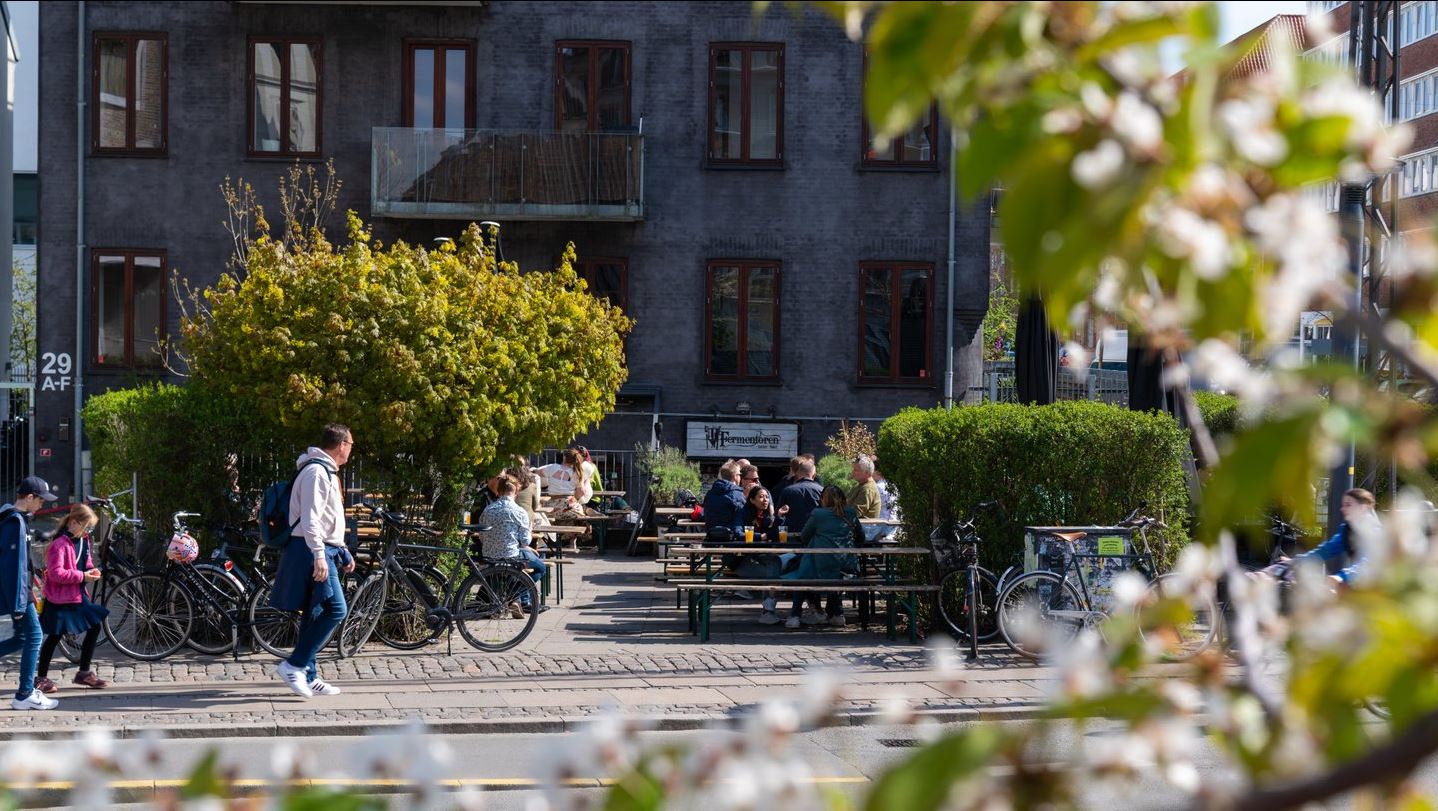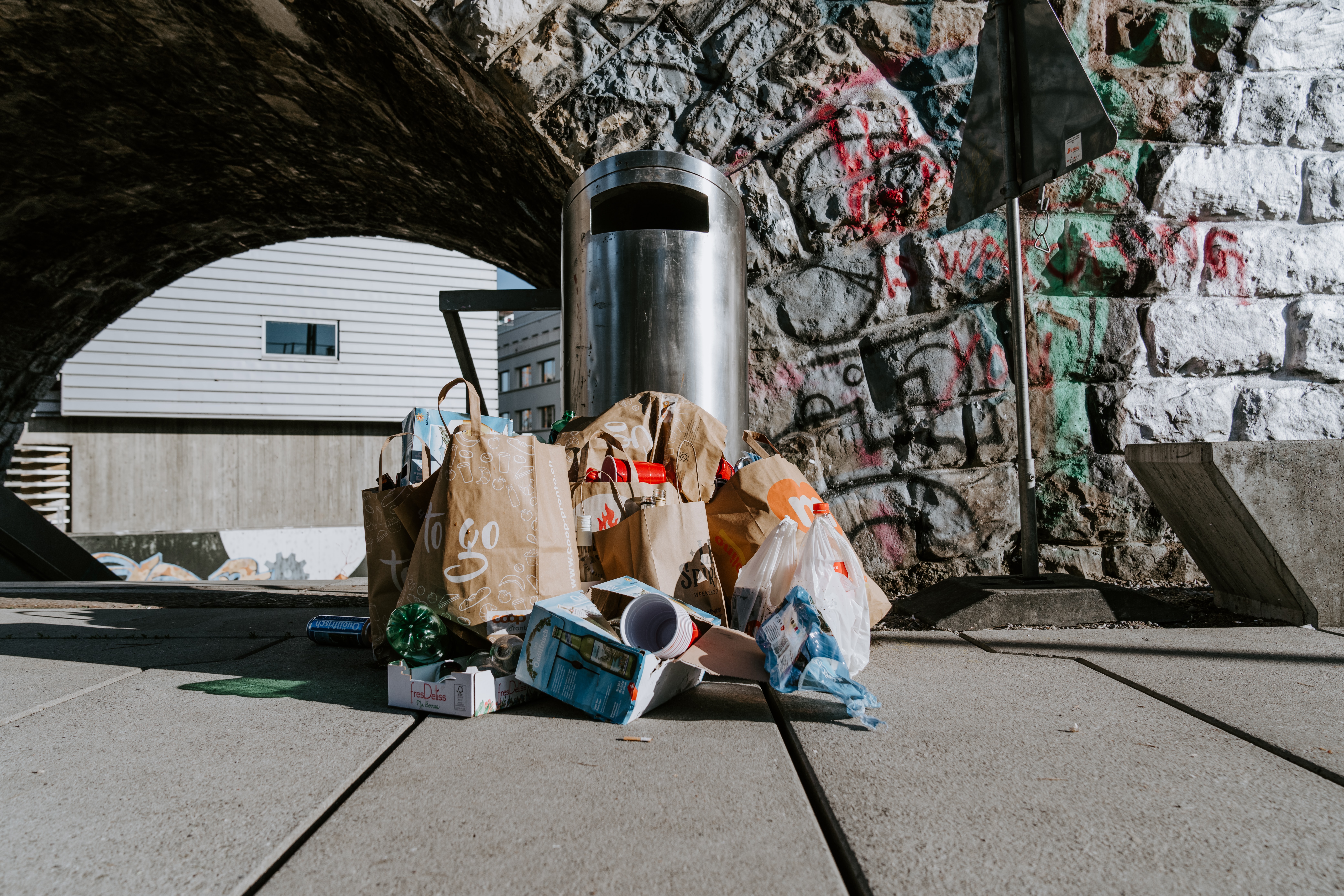200 tonnes of waste each year
The Municipality of Copenhagen estimates that at least 200 tonnes of takeaway plastic packaging ends up in public waste bins each year.
News
Waste prevention
Circular business models
Urban waste management
+2


20 years ago, the modern Danish deposit refund system for bottles and cans was established. Since then, finding sustainable ways to recycle packaging has only become more topical. It is estimated that around 200 tonnes of plastic takeaway packaging end up in public waste bins annually in Copenhagen alone.
Against this backdrop, The City of Copenhagen is now looking to develop a deposit refund scheme for takeaway packaging.
The Lord Mayor of Copenhagen is proposing that DKK 7,5 million is allocated to a three-year trial period from 2023-2025 in the city’s Meatpacking District, an area with a bustling food and bar scene. Among other things, the money is meant to fund reverse vending machines and washing facilities in the area to make deposing of the packaging possible.
Related news: A world record of 93% of bottles and cans are returned
The Municipality of Copenhagen estimates that at least 200 tonnes of takeaway plastic packaging ends up in public waste bins each year.

Local bars and restaurants in the area can participate in the project voluntarily. Because deposits on packaging is still a fairly new venture in the recycling of waste, the proposal invites the local businesses to lend their knowledge and experience in the development of a viable solution.
The challenge will be how to make the deposit system an easy option to use for both consumers and suppliers. Additionally, environmental and food safety considerations must also be tackled to ensure a fully sustainable and circular solution. Ultimately, The City of Copenhagen hopes that the trials and errors of the project can lead to a national deposit refund system for takeaway packaging.
Successful waste management utilises the potential of waste by increasing recycling and reuse of materials while limiting the amount of waste that goes to landfill. Denmark has an efficient waste management system in place and aims to have a climate-neutral waste sector by 2030.
Perspective
Energy efficiency in buildings
+16
Perspective
Energy efficiency in buildings
+14